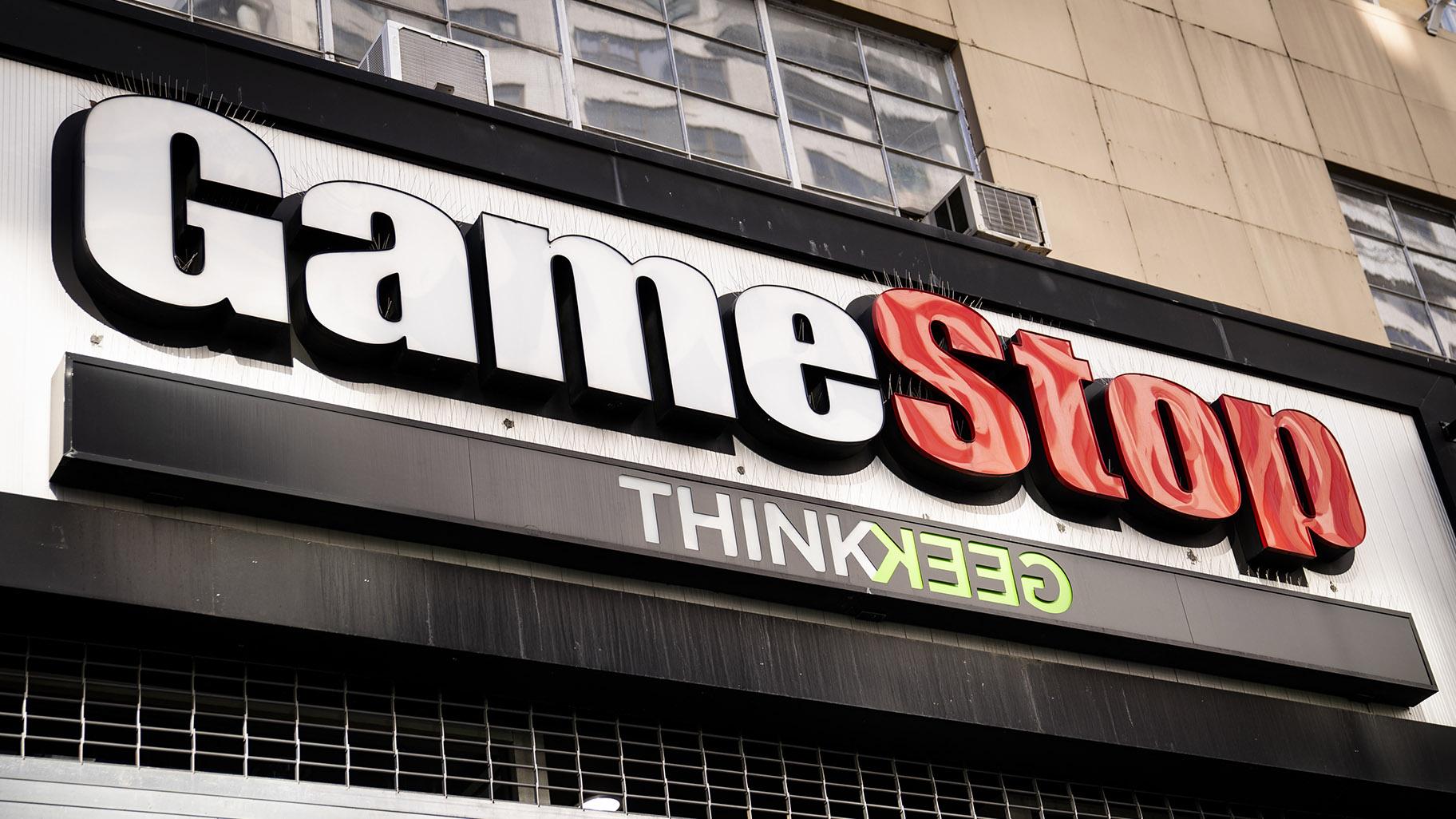

Consumers have the power to squeeze unethical companies out of the market with their buying power – collective financial action akin to the GameStop traders.

They lobby the government for protections from accountability and transparency, which makes it hard for consumers to make informed consumption decisions.Ĭompanies that operate with transparency and sustainability see this as an opportunity. There are many companies that are “short” ethical behavior related to the environment, employees rights, diversity, equity, governance, and sustainability. Instead of a tool for vengeance, it can be used to create positive incentives. The GameStop example shows that consumers, using technology, now have a means to organize and create their own leverage. Historically, corporations have used the leverage of their concentrated power for targeted corporate benefit. It is hard to overstate how the combination of technology and markets has the potential to change the equation of leverage. Here is the critical takeaway: the collective buying power of large groups of ordinary people, organized via markets, has the power to create incentives that invoke concurrent and swift action from businesses, politicians, and regulators. The most powerful entities responded to market forces. Suddenly hedge funds were reviewing their short positions, and politicians and regulators were forced into action. A large group of people, motivated by a common cause, pooled their buying power to drive an outcome in this instance to punish Wall St. If we move past the drama and abstract the mechanisms, what we find is an example of collective financial action. The traders did, however, succeed in proving the power of the market. Unfortunately, it did not create sustaining change, or even impose the accountability these traders sought. This may have felt cathartic for some in the moment. The causes and effects of the GameStop phenomenon were replicated across a number of other companies and assets. Others seem to have had the sole objective of punishing Wall St firms, even at the cost of their life savings. Some people hoped to, and indeed did, make fortunes. Examples emerged of those who had participated in the squeeze by dumping their entire savings into the trade. Underneath the comedy lurked dark tragedy, however, rooted all the way back to the 2008 financial crisis. For all the cheers for the little guy, there were also cries that the stock market was broken. For almost two weeks the world was transfixed with bemusement and trepidation by this apparent example of David slaying Goliath. to assurances of investigations of market manipulation from regulators. Popular responses ran the gamut from cheering on Main St. Many people, including those participating in the short squeeze, saw this as the little guy sticking it to Wall St. Retail traders undertook an epic short squeeze that ultimately caused at least one hedge fund short the stock to require a multi-billion dollar bailout from another hedge fund. In late January 2021 the stock price of GameStop ripped up almost 2,000% from $17.69 to $325.00. In this follow-up piece, I will expand upon how the market forces embodied in the GameStop saga can be put to more positive application. The roots, ends, and impacts of that activity were largely negative, but it was a significant example of the power of markets to harness collective financial action. Almost exactly one month after, the market activity involving shares of the company GameStop became a case in point for the arguments made in that article. That article went live on December 23rd, 2020. I asserted that even the most powerful entities respond to market forces. In my first Power of Markets article I made the argument that markets are the most powerful man-made force shaping human civilization.


 0 kommentar(er)
0 kommentar(er)
